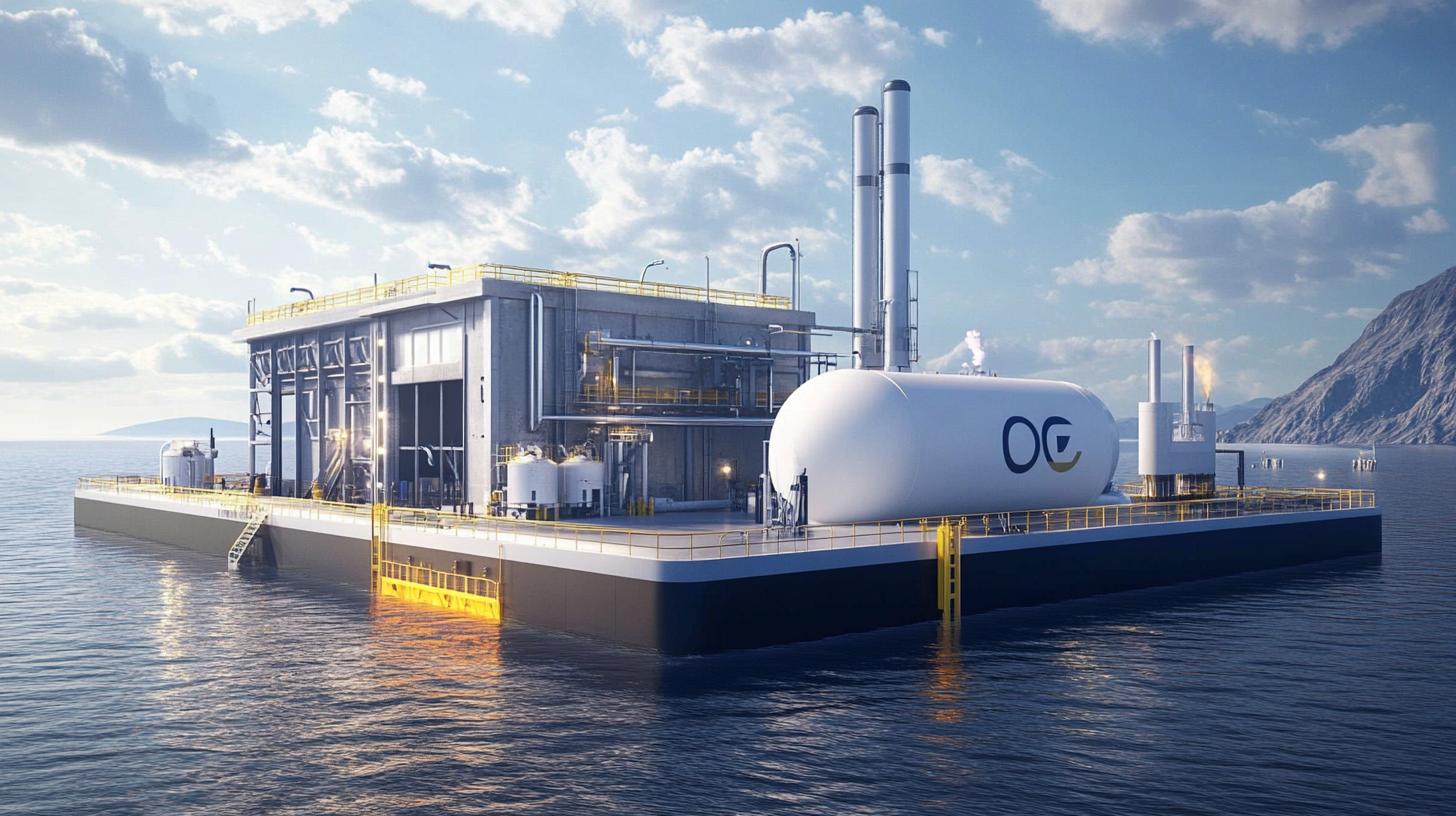Insights into the Clean Hydrogen Industry
In a world increasingly focused on sustainability, the clean hydrogen sector has garnered significant attention. This emerging industry promises to be pivotal in the transition towards renewable energy, yet it is crucial to navigate its complexities carefully.
A leading platform is dedicated to providing insightful and unbiased journalism tailored for professionals in the clean hydrogen domain. Their aim is to cut through the noise and offer essential news and analysis that extends beyond mere hype. By focusing on factual information, they empower executives and business leaders to comprehend the true potential of clean hydrogen.
This publication tackles key issues affecting the hydrogen market, presenting both the opportunities and challenges that lie ahead. It delves into market trends, policy developments, and technological advancements, ensuring that readers are equipped with the knowledge needed for informed decision-making.
With the rising interest in hydrogen as a clean fuel source, stakeholders can benefit from an analytical perspective that emphasizes clarity and practicality. As the industry evolves, staying abreast of relevant developments will be vital for those aiming to navigate this high-stakes environment successfully.
In conclusion, the future of clean hydrogen holds promise, but informed understanding and strategic insight are essential for realizing its full potential.
The Broader Implications of Clean Hydrogen Development
The burgeoning clean hydrogen industry is not merely an energy sector development; it signals a transformational shift in societal norms and global perspectives on sustainability. As nations grapple with climate commitments, the rapid adoption of hydrogen technologies could herald a new age marked by decarbonization and energy independence.
Society and Culture
The rise of clean hydrogen reflects a cultural shift towards environmental stewardship. Communities becoming accustomed to renewable energy sources are now embracing hydrogen not just as a fuel but as a symbol of innovation and responsibility. This shift may catalyze greater public engagement in environmental issues, with potential for heightened advocacy for sustainable practices across various sectors.
Global Economy
Economically, clean hydrogen represents vast opportunities for new markets and job creation. According to the Hydrogen Council, the industry could create over 30 million jobs globally by 2030. Countries investing in hydrogen technology are likely to experience an influx of foreign investment and technological innovation, invigorating their economies. Importantly, nations with strong hydrogen capabilities could reshape energy geopolitics, reducing reliance on fossil fuel-rich economies.
Environmental Effects and Future Trends
From an environmental standpoint, clean hydrogen has the potential to significantly decrease greenhouse gas emissions, particularly in hard-to-abate sectors like heavy industry and transport. However, the production methods employed—particularly the reliance on renewable resources versus fossil fuels—will determine the net environmental benefits.
Looking ahead, as technology matures and the infrastructure for hydrogen production and distribution expands, global hydrogen markets are expected to flourish, fostering international cooperation and technological sharing. Policymakers must prioritize regulatory frameworks that encourage sustainable practices and innovation in this promising sector.
In sum, the impact of the clean hydrogen industry extends far beyond its immediate benefits, influencing societal norms, reshaping economies, and pushing for necessary environmental accountability in a world on the brink of climate crisis.
The Future of Clean Hydrogen: Opportunities and Challenges Ahead
Insights into the Clean Hydrogen Industry
In an era where sustainability is at the forefront of global concerns, the clean hydrogen sector is rapidly evolving as a key player in the transition to renewable energy. This burgeoning industry presents numerous opportunities but also comes with its own set of complexities that stakeholders must navigate carefully.
Market Trends and Innovations
The clean hydrogen market is witnessing significant growth, driven by innovations in production, storage, and distribution technologies. For instance, methods such as electrolysis powered by renewable energy sources are becoming increasingly efficient and cost-effective, positioning green hydrogen as a viable alternative to fossil fuels. According to recent reports, the global hydrogen market is projected to reach approximately $200 billion by 2030, indicating a robust demand trajectory.
Policy Developments
Government policies around the world are increasingly supportive of clean hydrogen initiatives. The European Union has allocated substantial funds toward hydrogen infrastructure as part of its Green Deal, with similar movements observed in countries like the United States, Japan, and Australia. These policies not only enhance investment in hydrogen technologies but also set ambitious targets for hydrogen integration into energy systems.
Pros and Cons of Clean Hydrogen
Pros:
– Zero Emissions: When burned, hydrogen produces only water vapor, making it an attractive solution for reducing carbon footprints.
– Energy Storage: Hydrogen can serve as a medium for storing excess energy from renewable sources, which is vital for balancing supply and demand.
– Diverse Applications: Beyond energy, hydrogen is key in various industries, including transportation, construction, and even as a feedstock in chemical processes.
Cons:
– High Production Costs: Currently, clean hydrogen production methods, especially green hydrogen, remain more expensive than traditional fossil fuels.
– Infrastructure Challenges: The lack of existing hydrogen infrastructure can impede market growth and broader adoption.
– Safety Concerns: Hydrogen is highly flammable, necessitating stringent safety measures during production and transport.
Use Cases and Applications
Clean hydrogen can significantly impact various sectors:
– Transportation: Hydrogen fuel cells are being adopted in public transit and heavy-duty vehicles, reducing reliance on diesel.
– Industrial: Sectors such as steel manufacturing are exploring hydrogen as an alternative to carbon-intensive processes.
– Power Generation: Hydrogen can be blended with natural gas in existing power plants or used in dedicated hydrogen turbines.
Pricing Dynamics
The cost of clean hydrogen is influenced by several factors, including feedstock prices, electrolyzer technology, and regional energy costs. As renewable energy sources become cheaper and more efficient, market experts predict that hydrogen production costs will decline, making it more competitive against traditional fuels.
Future Predictions
The clean hydrogen sector is poised for further advancement in the coming years. With ongoing technological innovations, supportive regulations, and increasing investments, analysts predict that hydrogen could account for 10-15% of the global energy mix by 2030. This projection signifies the importance of staying informed about developments within this promising sector.
Conclusion
As the clean hydrogen industry continues to evolve, it presents both exciting opportunities and formidable challenges. Stakeholders must remain vigilant and informed to harness the full potential of clean hydrogen, thereby contributing to a sustainable energy future. For more comprehensive insights into the hydrogen market, visit Clean Hydrogen Insights.














